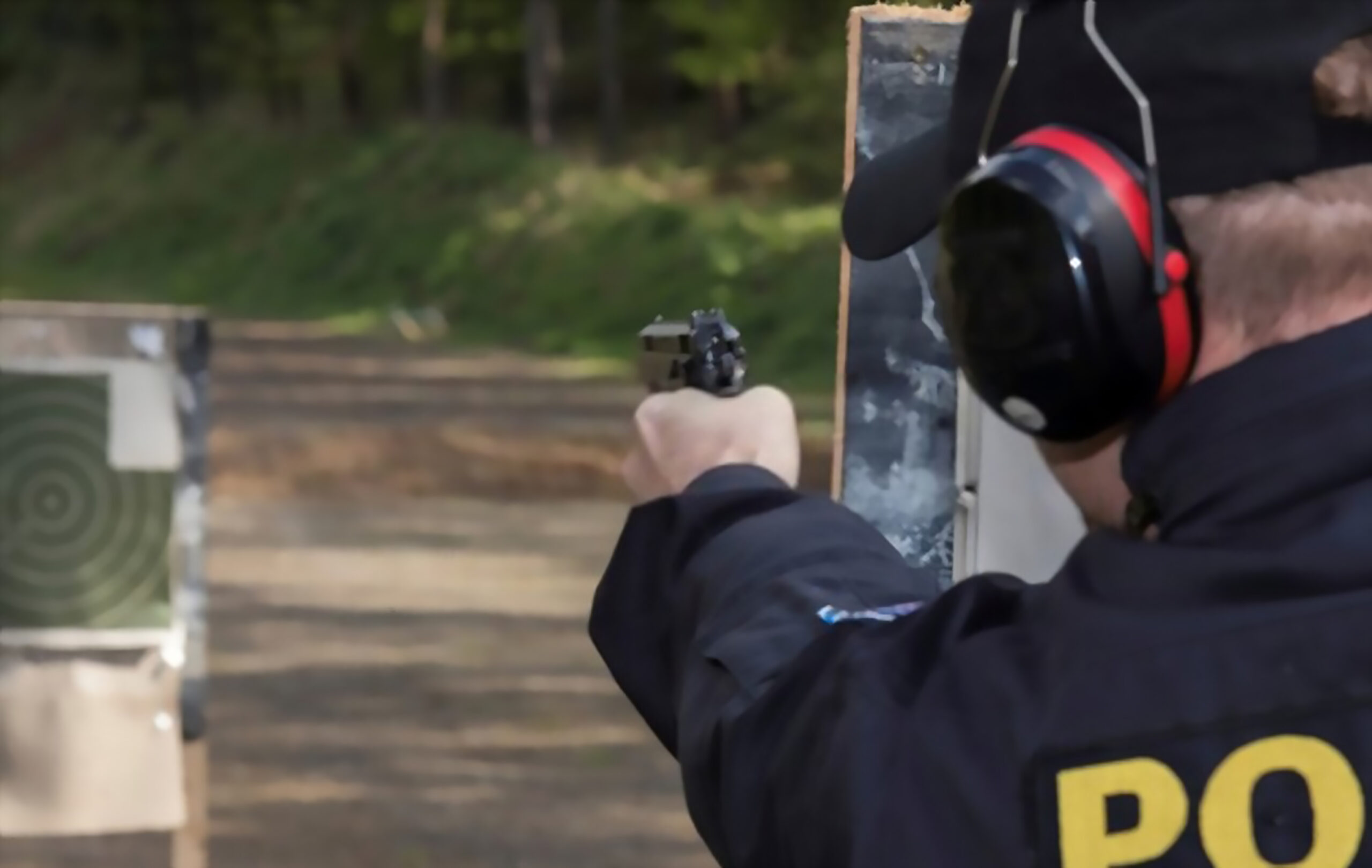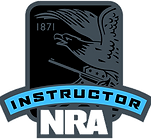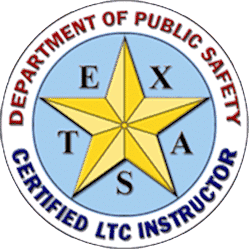Busting Bullets in the Lone Star State: Top 5 Myths About Texas License to Carry (LTC) Laws
Thinking about getting your Texas License to Carry (LTC)? Uncertainties and misconceptions surrounding LTC laws can be a real roadblock. This Lone Star State is known for its strong gun culture, and a License To Carry is a popular choice for law-abiding citizens seeking a safe and legal way to exercise their right to self-defense. But navigating the legalities of LTC carry can be confusing, especially with misinformation readily available online.
Let's clear the air and dispel some of the most common myths about Texas LTC laws. With this knowledge, you can confidently pursue your LTC and become a responsible armed citizen in Texas.
Myth #1: You Can Carry Your Gun Anywhere in Texas with an LTC
While a Texas LTC grants you significant carry privileges, it's important to understand that there are still restrictions. Federal gun-free zones remain off-limits for concealed carry, regardless of your LTC. These include places like schools, military bases, courthouses, and federal buildings. It's crucial to be aware of these restrictions, as knowingly carrying in a prohibited zone can lead to serious consequences, including federal charges.
Even outside of federal gun-free zones, private property rights come into play. Businesses like restaurants, bars, and stores can choose to prohibit firearms on their premises, even for LTC holders. Always be on the lookout for signage indicating whether or not a business allows concealed carry. When in doubt, it's best to err on the side of caution and leave your firearm secured in your vehicle.
Here's a helpful tip: If you plan on traveling to another state with your LTC, be sure to research that state's specific laws on concealed carry. LTC reciprocity varies by state, and what's legal in Texas might not be legal elsewhere.
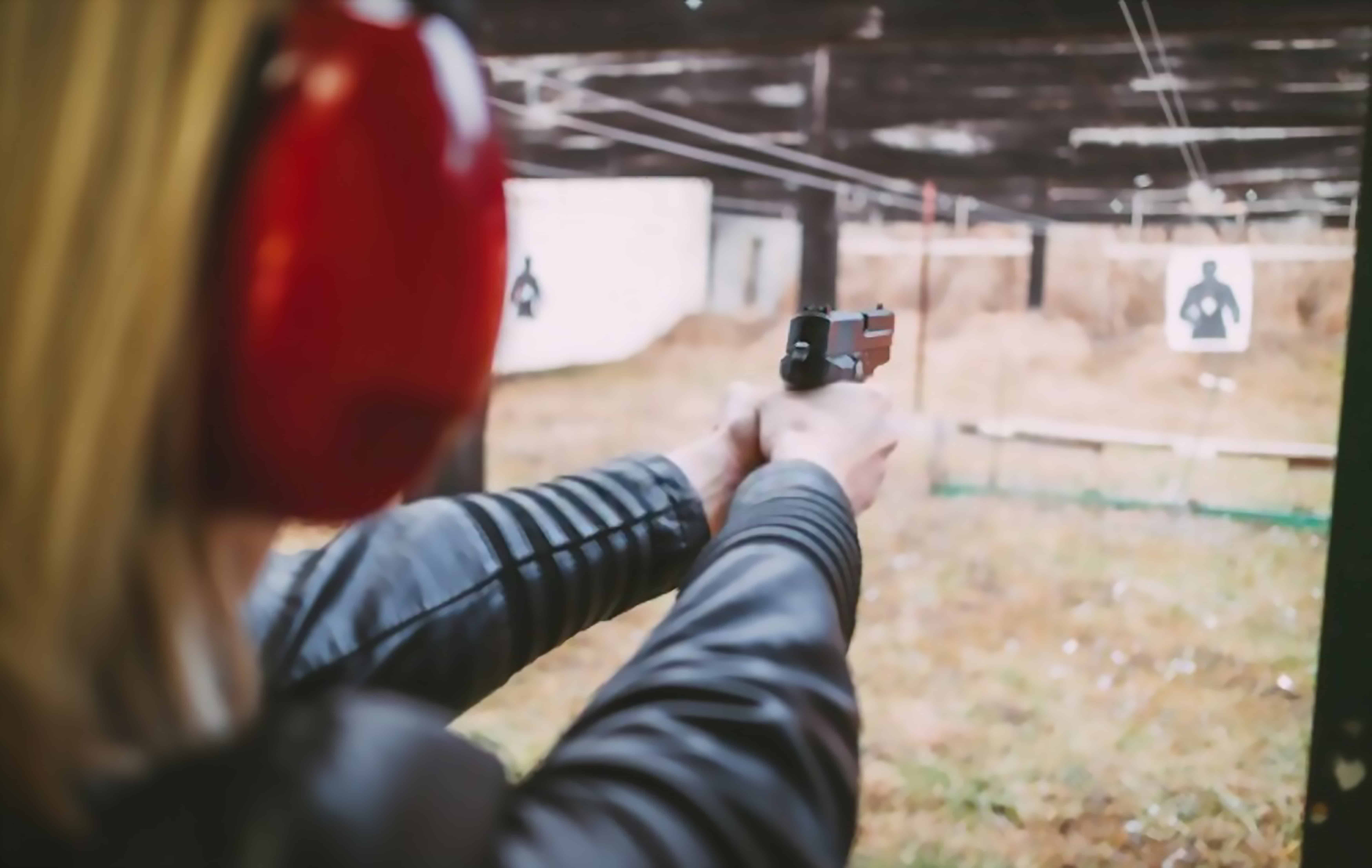
Myth #2: An LTC Guarantees You Can Open Carry
Texas is an open carry state, but it's important to understand the nuances of this law. Open carry in Texas specifically applies to handguns only, and there are limitations on how you can carry them openly. The handgun must be securely holstered in a belt or shoulder holster. Carrying a handgun openly in your pocket or tucked into your waistband is not permissible.
While legal, open carry is not always the most practical or discreet option. Openly carrying a firearm can attract unnecessary attention and potentially escalate situations. Concealed carry, permitted by your LTC, allows you to maintain a level of discretion and surprise in the event of a self-defense scenario.
Here's something to consider: Open carry can make others feel uncomfortable or threatened, even if you have a legal right to do so. Responsible LTC holders should prioritize safety and de-escalation. Concealed carry allows you to be prepared for a potential threat while minimizing unnecessary alarm to those around you.
Myth #3: You Don't Need Training to Get an LTC in Texas
Although Texas doesn't mandate firearms training for LTC applicants, acquiring proper training is strongly recommended. Think of your LTC as the license to operate a vehicle – knowledge and practice are essential for safe and responsible use. A quality LTC course will equip you with the critical knowledge and skills you need to become a safe and responsible LTC holder.
Here's what a reputable LTC course will typically cover:
- Gun safety principles: This is the foundation of responsible gun ownership. You'll learn proper firearm handling techniques, safe storage practices, and how to avoid accidental discharges.
- Legal aspects of carry: An LTC course will delve into the legalities of carrying a concealed handgun in Texas. You'll gain a clear understanding of your rights and limitations under the law, including use of force regulations.
- Responsible use of force: This critical component will educate you on the legal and ethical considerations of using a firearm in self-defense. You'll learn when deadly force is justified and how to de-escalate situations whenever possible.
Some LTC courses may also include optional defensive shooting techniques. This type of training can provide valuable skills for using a firearm safely and effectively in a defensive situation.
Finding a qualified LTC instructor is easy. The Texas Department of Public Safety (TDPS) website maintains a list of LTC instructors across the state. Look for instructors with a positive reputation and experience in teaching LTC courses. Don't hesitate to contact potential instructors and ask about their course curriculum and teaching style to find the best fit for your needs.
Myth #4: An LTC Makes You a "Cop Magnet"
There's a misconception that obtaining an LTC makes you more likely to attract unwanted police attention. In fact, statistics show the opposite. Studies have revealed that responsible LTC holders are statistically less likely to be involved in crime compared to the general population. This makes sense – responsible LTC holders understand the significant responsibility that comes with carrying a firearm.
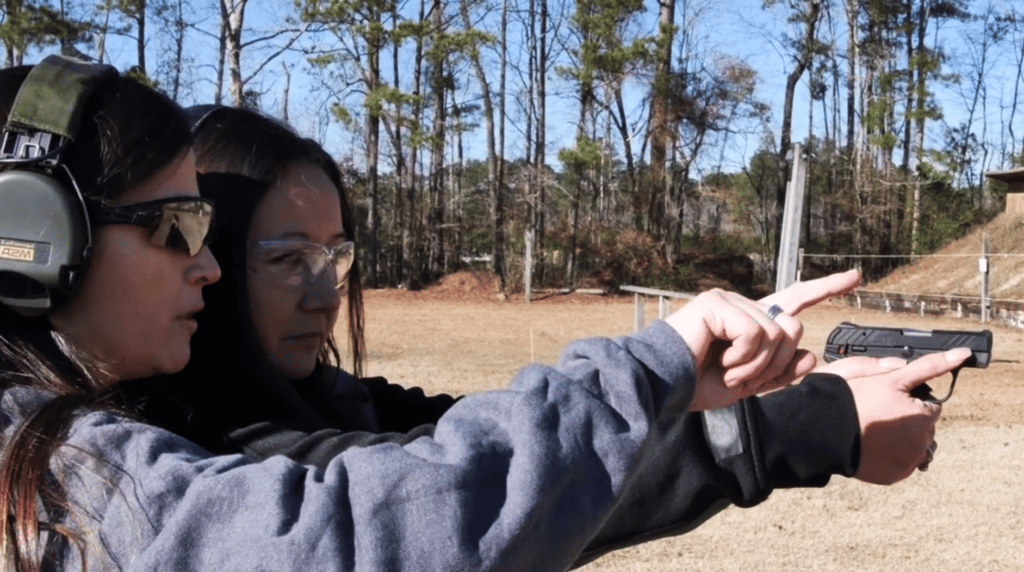
Here's the key: Acting lawfully and avoiding confrontations is paramount. Following the law, de-escalating situations, and only using your firearm as a last resort are all crucial aspects of responsible LTC ownership. Carrying a concealed firearm with an LTC is about preparedness, not looking for trouble. By understanding the law and acting responsibly, you can minimize the chance of attracting negative police attention.
Let's face it, police officers are much more likely to interact with individuals who are already engaging in criminal activity. A law-abiding LTC holder who carries concealed and avoids confrontations is unlikely to raise any red flags for law enforcement.
Myth #5: An LTC is a Lifetime Permit
This is a common misconception. Texas LTCs actually expire every four years. To maintain your LTC privileges, you'll need to go through a renewal process before your current license expires.
The LTC renewal process in Texas is generally straightforward. It typically involves completing a renewal application online or by mail, submitting fingerprints, and paying a renewal fee. The Texas Department of Public Safety (TDPS) website provides detailed information on the LTC renewal process, including required forms and fees.
It's important to stay up-to-date on any changes to Texas LTC laws. LTC laws can evolve over time, and it's your responsibility as an LTC holder to be aware of these changes. The TDPS website is a valuable resource for staying informed about current LTC laws and regulations.
Here are some additional frequently asked questions (FAQs) regarding Texas LTCs:
- Can I carry a handgun in my car with an LTC? Yes, you can generally carry a concealed handgun in your vehicle in Texas with an LTC. However, there are some specific limitations related to school zones and places of worship. Always be sure to consult the Texas LTC laws for full details.
- What happens if I'm caught carrying without an LTC? Carrying a handgun without a license in Texas is a Class A misdemeanor, which can result in a fine of up to $4,000 and imprisonment for up to one year.
- Can I get an LTC if I have a criminal record? The answer depends on the nature of the crime and how long ago it occurred. Certain felony convictions or domestic violence misdemeanors can disqualify you from obtaining an LTC.
- Where can I find more information about Texas LTC laws? The Texas Department of Public Safety (TDPS) website is an excellent resource for all things related to Texas LTC laws and regulations. You can find the TDPS LTC website here: [invalid URL removed].
Disclaimer
This blog post is intended for informational purposes only and should not be construed as legal advice. Always consult with a qualified attorney for legal interpretations of Texas LTC laws.
Conclusion
So there you have it! The top 5 myths about Texas LTC laws debunked. By dispelling these misconceptions and equipping yourself with the proper knowledge, you can confidently navigate the process of obtaining your LTC and become a responsible armed citizen in Texas.
The Benefits of Responsible LTC Ownership
Owning a firearm and carrying it concealed with an LTC comes with a great deal of responsibility. However, for many Texans, the benefits of responsible LTC ownership outweigh the responsibilities. An LTC can provide peace of mind and a sense of security, knowing you have the means to defend yourself and your loved ones in a dangerous situation.
Taking the Next Step
If you're interested in obtaining your Texas LTC, here are some next steps:
- Research Texas LTC laws: Familiarize yourself with the legalities of concealed carry in Texas. This blog post is a good starting point, but be sure to consult the official TDPS website for the most up-to-date information.
- Find a reputable LTC instructor: Enroll in a quality LTC course to gain the necessary knowledge and skills for safe and responsible LTC ownership.
- Gather the required documentation: The TDPS website outlines the documents you'll need to submit for your LTC application.
- Apply for your LTC: Once you've completed the LTC course and gathered the necessary documentation, submit your LTC application to the TDPS.
Remember, responsible LTC ownership is all about education, preparation, and acting lawfully. With the right knowledge and mindset, you can become a safe and prepared LTC holder in the Lone Star State.
Bonus Section: Advanced Considerations for LTC Holders
While this blog post has focused on dispelling common myths and providing a basic understanding of Texas LTC laws, there's always more to learn for responsible gun owners. Here are some additional considerations for LTC holders in Texas:
Understanding Use of Force Laws: Knowing when deadly force is justified is crucial for LTC holders. Texas law follows the concept of "reasonable force," which means you can only use deadly force when you believe it is reasonably necessary to prevent imminent death or serious bodily injury to yourself or another person.
De-Escalation Techniques: Always prioritize de-escalating a situation whenever possible. LTC holders should be familiar with de-escalation techniques and verbal judo to avoid using force if possible.
Continuing Education: The knowledge you gain in your LTC course is a valuable foundation, but gun safety and legalities can change over time. Consider taking refresher courses or attending seminars to stay up to date on best practices and any changes to LTC laws.
Safe Storage: Proper firearm storage is essential for safety, especially if you have children in your home. Invest in a quality gun that is safe and always unload and secure your firearm when it's not in use.
Mental Preparedness: Owning a firearm is a significant responsibility. LTC holders should be prepared for the mental and emotional aspects of using a firearm in a self-defense situation. Consider seeking professional guidance to ensure you're mentally prepared to handle a potentially life-threatening encounter.
Open Carry vs. Concealed Carry: While Texas is an open carry state, the decision of whether to carry openly or concealed is a personal one. Weigh the pros and cons of each method and choose the approach that best suits your comfort level and situation.
Range Time and Practice: Regular practice at the shooting range is essential for maintaining proficiency and safe handling of your firearm. Schedule regular range sessions to hone your shooting skills and build confidence in your abilities.
Building a Support Network: Connect with other responsible LTC holders. Sharing knowledge, experiences, and best practices can be invaluable for your continued development as a safe and responsible gun owner.
By following these additional considerations, LTC holders in Texas can go beyond the basics and become truly prepared, responsible, and well-rounded gun owners. Remember, gun ownership is a serious responsibility, and continuous learning and self-improvement are key to ensuring safety and responsible use of your firearm.


